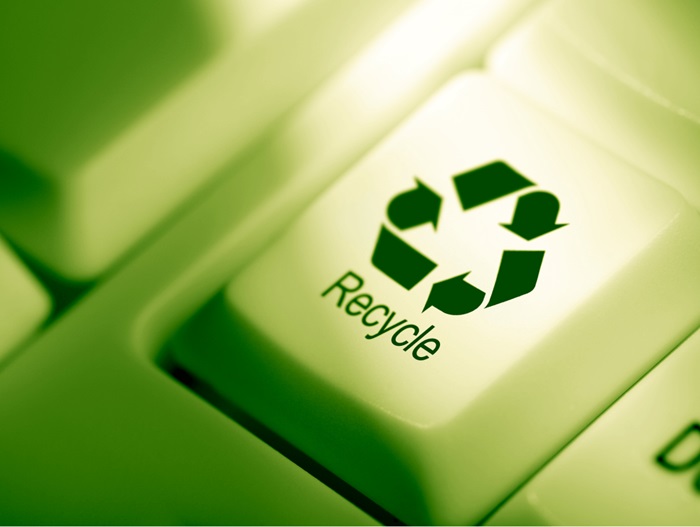Observing the changes in legislation and the behaviour of brands and consumers, we do not doubt that recycling is an important, if not the most important, part of sustainable development policy. And since we know the date of entry into the force, the situation is becoming even more apparent – you can’t do without installing recycling machines and optimising recycling processes! So let’s take a closer look at devices that, on the one hand, facilitate the recycling process and, on the other hand, promote environmental awareness among consumers… and companies. See how modern technology supports sustainable development!
Technology that supports sustainable development
Recycling machines will soon be installed in Poland’s largest cities. Thanks to the new law, returning cans or plastic bottles will not have to be associated with many challenges. On the contrary, it will be convenient for consumers and will give stores and manufacturers a chance to pursue sustainable development in an even more coherent, consistent way, in line with ESG.
- Recycling machines can increase the efficiency of the recycling process by allowing for accurate separation of secondary raw materials, minimizing waste and improving the quality of the recovered materials.
- Modern technology also allows for tracking data on the amount and type of waste collected, which allows for better management of the recycling process.
- This approach is in line with the idea of a circular economy, which assumes maximum resource use and minimization of waste. From the manufacturer’s perspective, it will be useful for ESG reporting.
Recycling machines in Poland – how will they be installed?
Let’s take this opportunity to think about how recycling machines will be installed in Poland. They are not very common, but you will already find them in front of some Biedronka and Lidl stores. So you can ask yourself: who is responsible for this? How does such a process work? From a consumer perspective, it doesn’t matter much, but if you’re on the other side and wondering where to start, we have a good piece of advice to get you started: start by working with an experienced partner in this area.
At Exorigo-Upos, we provide our clients with a comprehensive infrastructure. If you order a recycling machine installation service, you will not have to worry about electricity or construction work. Our installers will do it for you.
Important: Make sure that the company you use can install recycling machines outside of store hours or in a way that doesn’t disrupt the store’s normal operations.
And what about after installation? We believe that so-called post-installation support, i.e., training in the use of the machine and assistance in customer service, is a good practice. This will maximize the efficiency of using recycling machines and make work easier in the future.
See also: Recycling machines and ESG.
Recycling machines and the efficiency of waste collection – benefits
In Poland, according to Eurostat data, the municipal waste recycling rate in 2021 was about 40% – this is still below the European average. We hope that recycling machines will improve these statistics by increasing the availability of waste collection points – and, of course, the deposit imposed on products.
What are the benefits of implementing recycling machines in Poland?
- Increasing the amount of waste collected and processed reduces the amount of waste going to landfills. This, in turn, reduces greenhouse gas emissions and the negative impact of waste on the environment.
- Thanks to recycling machines, waste disposal has become more straightforward and more user-friendly. By throwing waste into a recycling machine, the consumer gets the deposit back and, at the same time, builds good, pro-ecological habits. Thanks to the new act and the popularisation of recycling machines on the market, the recycling rate of glass, aluminium and pet packaging is likely to increase to 80%
- Companies can more easily meet their ESG reporting goals.
- The introduction of recycling machines in public spaces (such as shopping malls or train stations) makes recycling more accessible and familiar.


